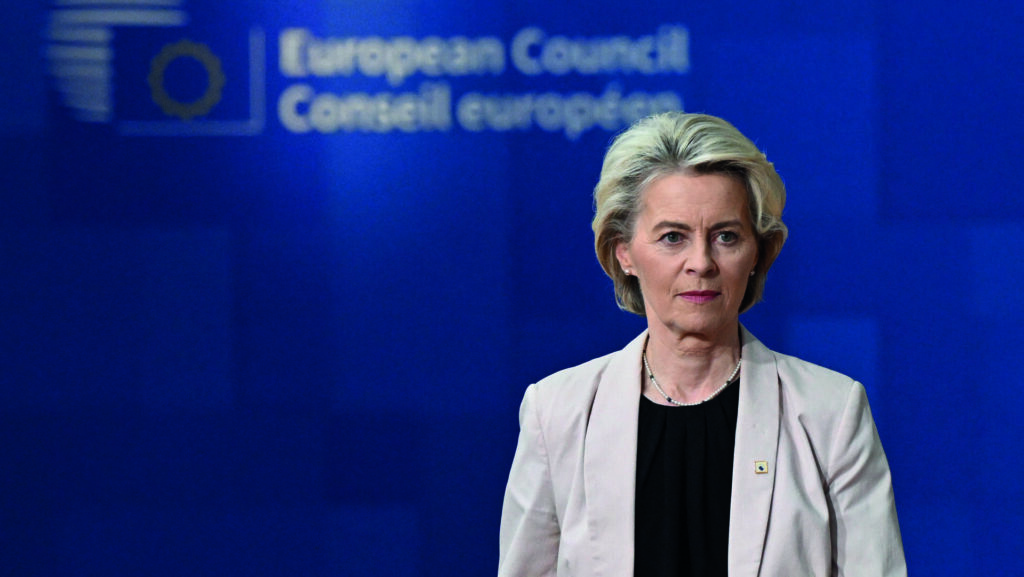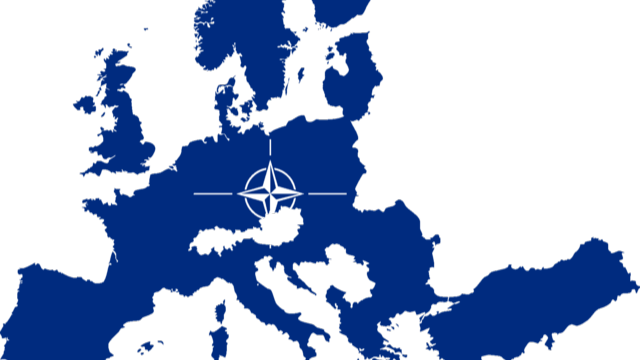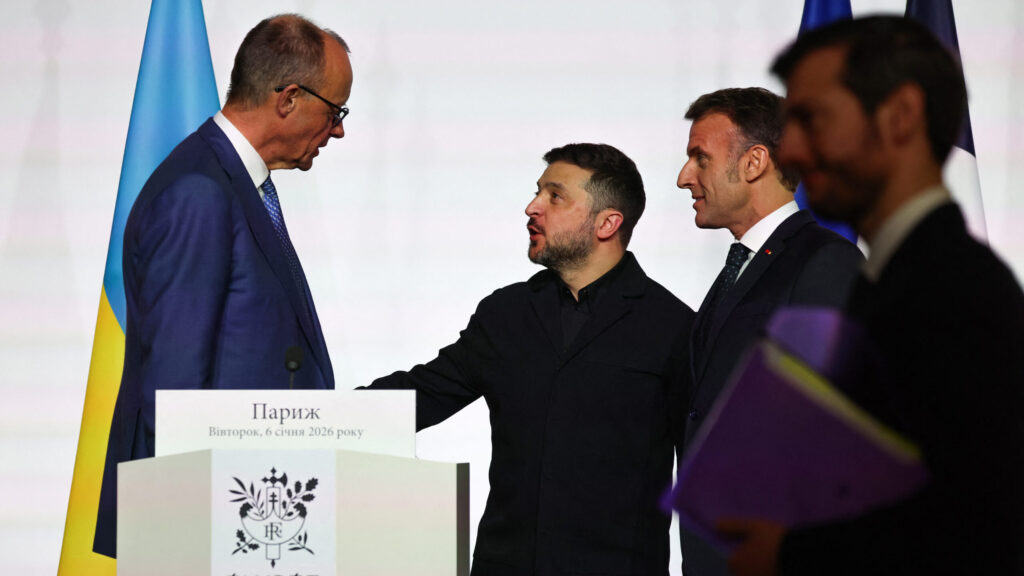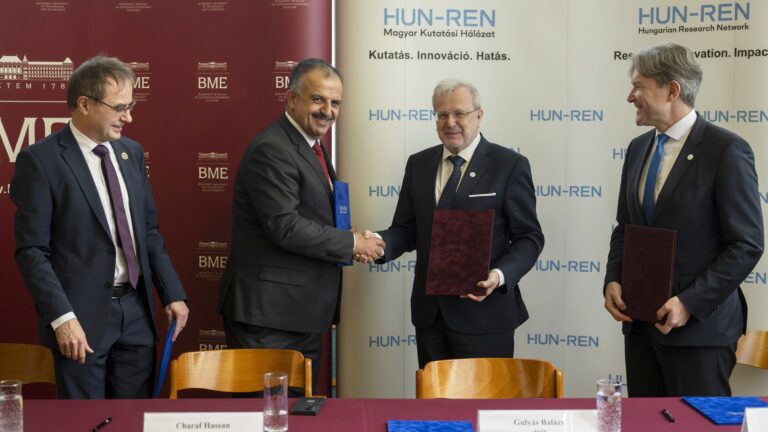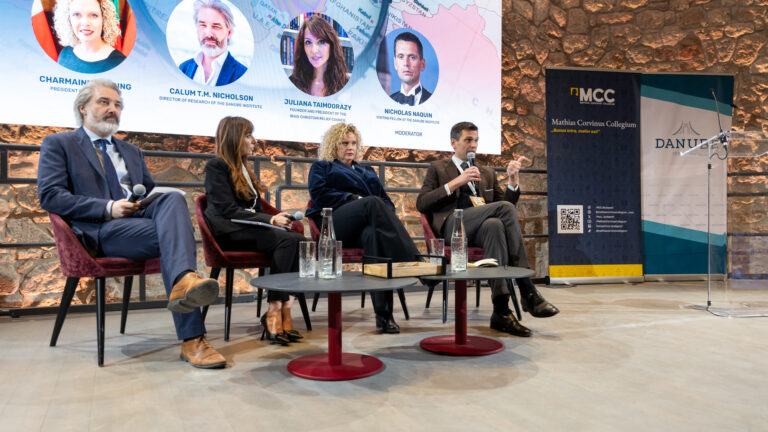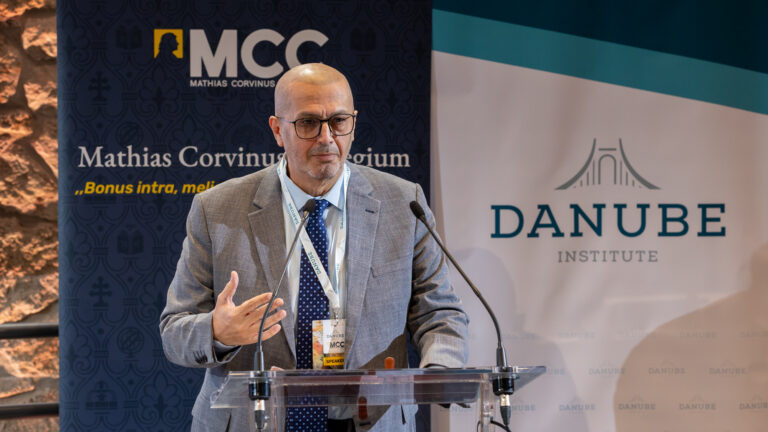Over the past 25 years, the Western Balkans have transformed into a region where non-EU actors have managed to strengthen their economic and political presence. The reasons the region has become attractive to both EU and non-EU actors are multifaceted yet clear-cut: it offers potential as an expanding market with competitive prices, a strategic geographic position, and a general rise in demand for European goods—particularly given the Western Balkan countries’ compliance with EU standards in pursuit of accession. It should also be noted that the region has a pool of highly qualified experts and provides ample investment opportunities, especially in technology, energy, and infrastructure.
Next to China and Russia, the United Arab Emirates (UAE) is another non-EU actor that has established a solid presence in the region. Although the UAE’s financial involvement in Southeastern Europe is not new, interest has grown throughout the 2010s, mostly in the form of business investments, whereas earlier investments in Kosovo and Bosnia and Herzegovina (BiH) in the 1990s and early 2000s were primarily meant as post-war foreign aid measures.[1]
Montenegro
The economic involvement of the UAE has also been seen in other Western Balkan countries, including the region’s smallest country—Montenegro. The UAE’s presence in this country of some 600,000 inhabitants drew attention after Montenegro’s Prime Minister Milojko Spajić signed an agreement with the UAE in March 2025, aimed at facilitating closer collaboration in the real estate and tourism development sectors.
Here it should be noted that this ‘Agreement on Cooperation in Tourism and Real Estate Development’ between the UAE and Montenegro caused controversy and divided the public from the outset. European Commissioner for Enlargement Marta Kos raised concerns in May 2025 about the agreement, stressing that improper interpretation or implementation of certain provisions could lead to violations, particularly in the area of public procurement and potential discrimination against European and Montenegrin companies. In addition, Transparency International warned that the provisions of the agreement could even jeopardize Montenegro’s EU accession process.
Environmental organizations also have voiced strong opposition to plans for the development of Velika Plaža—the longest beach in Montenegro, measuring 12–13 kilometres and among the longest in Europe—by the UAE-based Eagle Hills company. Despite this opposition, Montenegro’s Parliament backed in April 2025 the agreement to launch the project, which according to Prime Minister Spajić is expected to attract EUR 35 billion in investments. Opposition to the agreement persists, with Montenegro’s President Milatović refusing to sign the agreement into law despite parliamentary ratification, arguing that the agreement itself breached existing regulations.
Serbia
Next to Montenegro, the UAE has also emerged in Serbia over the last decade as an influential non-EU actor, establishing close economic ties through substantial investments. Projects such as the Belgrade Waterfront testify to those ties. The project is indeed of impressive scale—covering 177 hectares along the Sava River, the Belgrade Waterfront is currently Belgrade’s flagship mixed-use urban development project, valued at approximately EUR 3.5 billion. The project aims to transform a neglected area of the capital into a contemporary urban centre with several thousand residential units, upscale hotels, shopping malls, and the city’s tallest structure: the 168-meter Belgrade Tower.
As part of the UAE’s ‘super-connector strategy’, the Abu Dhabi-based airline Etihad additionally purchased 49 per cent of the shares of the Serbian national carrier in 2013, rebranding it as Air Serbia. Investigative reports indicated that the terms of this agreement were unfavourable for Serbia and initially concealed from the public, being framed as a ‘strategic investment’ rather than a takeover.[2]
The fact that the Serbian government actively pursues close ties to the UAE was also visible in October 2024, with Serbia signing a ‘Comprehensive Economic Partnership Agreement’ (CEPA) with the UAE, which entered into force in June 2025. Here it is indeed interesting to note that although Serbia is in the process of joining the WTO, this marked the first CEPA between the UAE and a non-WTO member state.
Bosnia and Herzegovina
Similar to Russia’s relationship with Serbia, which is markedly based on Orthodox Christian ties, the UAE maintains special cultural ties with BiH, owing to the country’s Muslim population. When outlining the UAE’s influence on BiH, it is important to note that the UAE already provided financial aid to Bosnian Muslims during the Bosnian War, which lasted from 1992 to 1995. These contributions clearly helped cement the UAE’s relations with the Muslim Bosniak leadership in the country—a relationship supporting the UAE’s influence in BiH to this day. [3]
After the Yugoslav breakup wars, the UAE continued to show interest in BiH, through bilateral cultural relations, investments and trade. In 2022, the UAE–BiH bilateral (non-oil) trade surged to USD 50 million, marking a 50 per cent increase compared to 2021. UAE investments in the country additionally grew visibly, with existing Foreign Direct Investments surpassing USD 170 million as of May 2023.
In November 2023, the UAE and BiH finally signed an agreement allowing bilateral visa exemptions for tourism, business, and short-term visits. This agreement is of course also symbolic in nature, aimed at boosting the UAE’s cultural ties with BiH.
Albania
The UAE also managed to establish diplomatic ties with Albania in 1992, with bilateral economic cooperation surging over the last decade. UAE investments in Albania had particularly surged in 2024, to EUR 52 million, signalling an impressive 280 per cent increase in comparison to 2023. Bilateral trade between Albania and the UAE also grew significantly, with Albanian exports to the UAE rising by 45.5 per cent.
Regarding Albania, it is noteworthy that the Albanian government has further strengthened its ties with the UAE by signing a renewable energy framework agreement for joint projects, as well as a smart surveillance initiative under the ‘Albania Smart City’ project. This initiative is expected to allow UAE companies to install AI-powered security cameras across all major Albanian cities.
Overall Impact
It cannot be omitted that the UAE managed to carve out an increasing presence in the Western Balkans over the past decades. The overall impact of the UAE’s influence in the Western Balkans is indeed multifaceted—its advances and economic involvement in the region have also not been without controversy. Most notably high-level infrastructure projects such as Serbia’s Belgrade Waterfront or the Velika Plaža project in Montenegro prompted transparency concerns, while also challenging compliance with EU norms. Nevertheless, despite those issues—which have already been addressed by NGOs and EU officials—the UAE will likely remain active in the region.
Here it should be noted that the UAE’s long-term involvement in the region is based not only on simple economic interests and opportunities, but on profound cultural ties, given the presence of Muslim communities within BiH, Albania, and, finally, Kosovo. Those ties provide the UAE with a unique strategic leverage, making it a contender for influence in the Western Balkans, together with the EU, Russia, and China.
[1] Tena Prelec, ‘The vicious circle of corrosive capital, authoritarian tendencies and state capture in the Western Balkans’, Journal of Regional Security, 2020, vol 15, br 2, pp. 167–198, 182, https://scindeks-clanci.ceon.rs/data/pdf/2217-995X/2020/2217-995X2002167P.pdf, accessed: 5 September 2025.
[2] Tena Prelec, ‘Influence and Engagement of the United Arab Emirates in the Western Balkans’, PeaceRep: The Peace and Conflict Resolution Evidence Platform, School of Law, Old College, The University of Edinburgh, 2004, p. 21, https://peacerep.org/wp-content/uploads/2024/01/Influence-and-Engagement-of-the-United-Arab-Emirates-in-the-Western-Balkans-DIGITAL.pdf, accessed: 5 September 2025.
[3] Ibid, p. 13.
Related articles:


